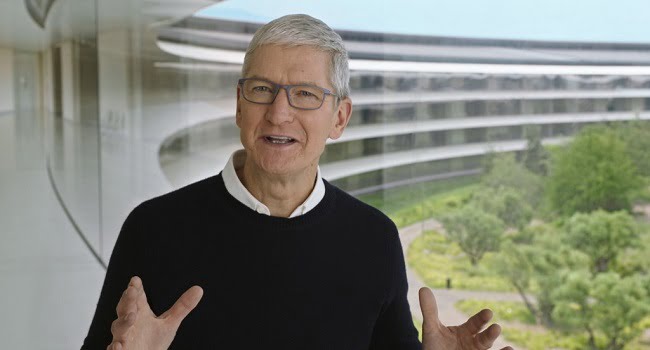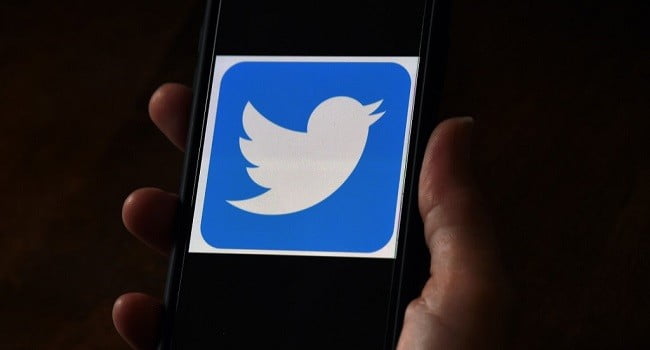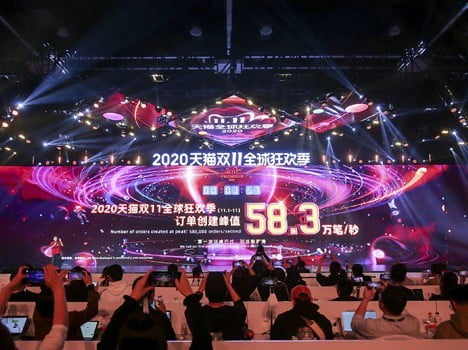The EU’s proposed new rules to rein in tech giants risk undermining the security of the iPhone
The European Union last year unveiled tough draft rules targeting tech giants like Apple, Google, Amazon, and Facebook that could shake up the way Big Tech does business.
Cook, speaking at the VivaTech convention for startups in Paris, took aim at some of the rules that target online “gatekeepers” such as Apple which controls which apps can be installed on its phones and tablets.
He said current proposals “would force side loading on the iPhone, and so this will be an alternative way of getting apps onto the iPhone.”
Sideloading would allow iPhone users to install apps directly from publishers, something they cannot currently do.
The restriction that iPhone owners may only buy apps from Apple’s App Store, where commissions run up to 30 percent, is at the heart of a lawsuit between the tech giant and Epic Games, the publisher of the popular Fortnite video game.
The EU also pushed forward with charges against Apple over the App Store, saying the company used it to squeeze out rivals.
Apple has countered that restrictions on downloading apps are essential to protect consumers from dangerous software.
Cook warned Wednesday that the proposed EU rules “would destroy the security of the iPhone, and a lot of privacy initiatives that we’ve built into the App Store.”
He said that some parts of the draft EU rules “are not in the best interest of the user”.
Cook said he is deeply worried about privacy and security, and that Apple will “constructively take part in the debate and hope we can find a way forward” in shaping the legislation.
The Digital Service Act and Digital Markets Act that the European Commission proposed in December would give it the power to impose huge penalties in tech giants that violate competition rules or even break them up.
But the draft laws will have to go through a long and complex ratification process, with the EU’s 27 states, the European Parliament, and a lobbying frenzy of companies and trade associations influencing the final law.



